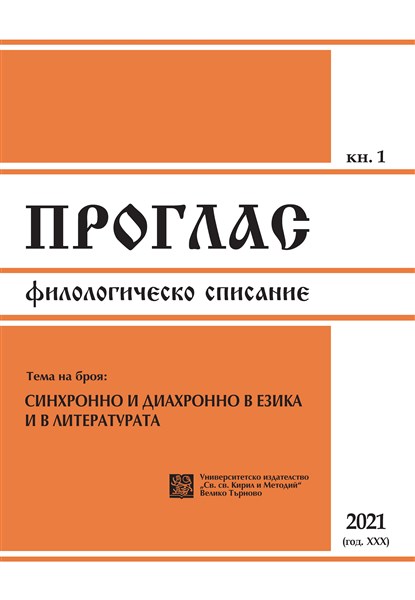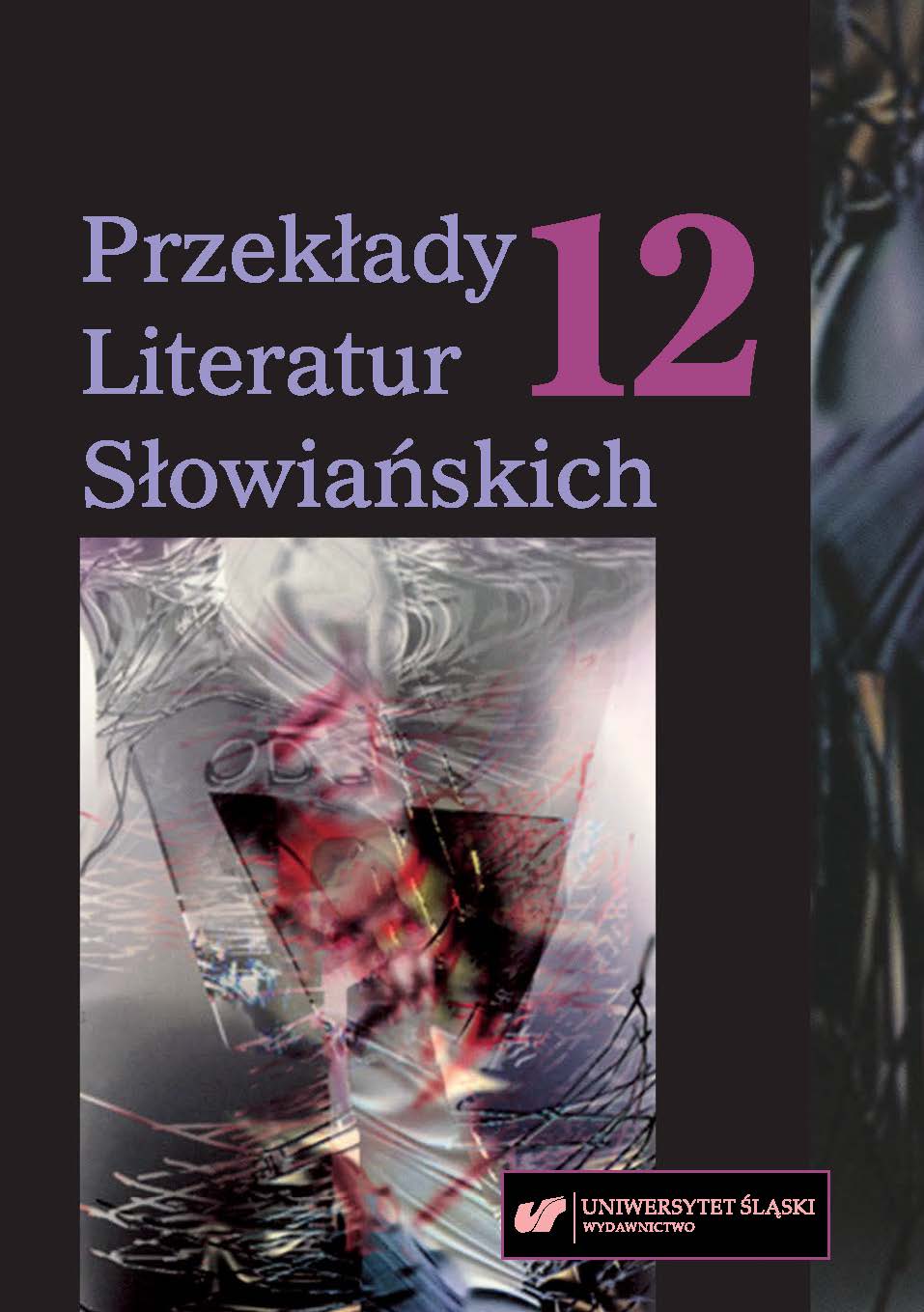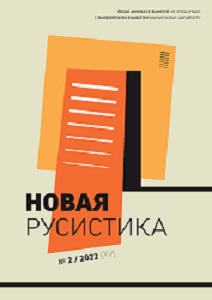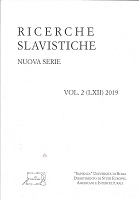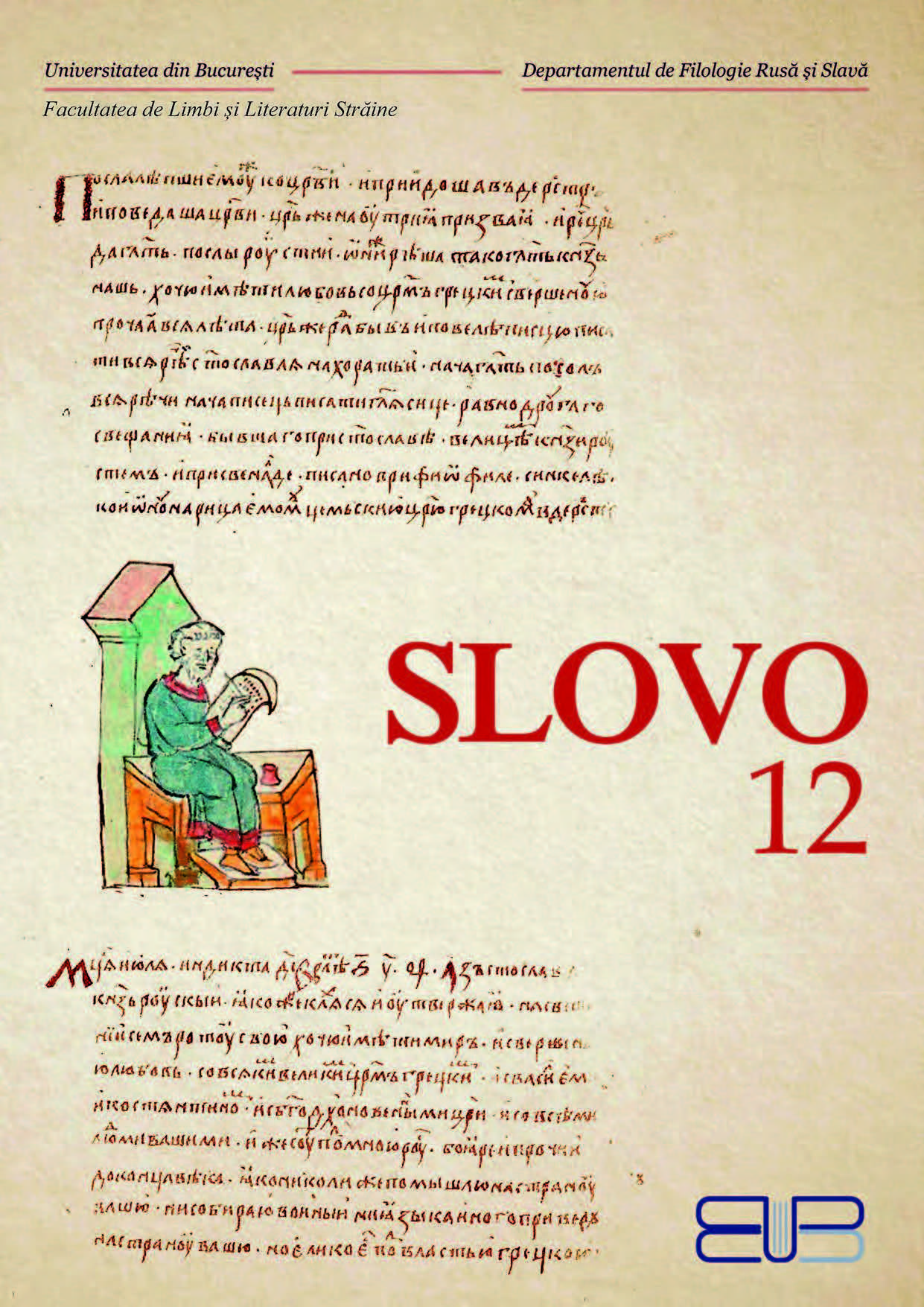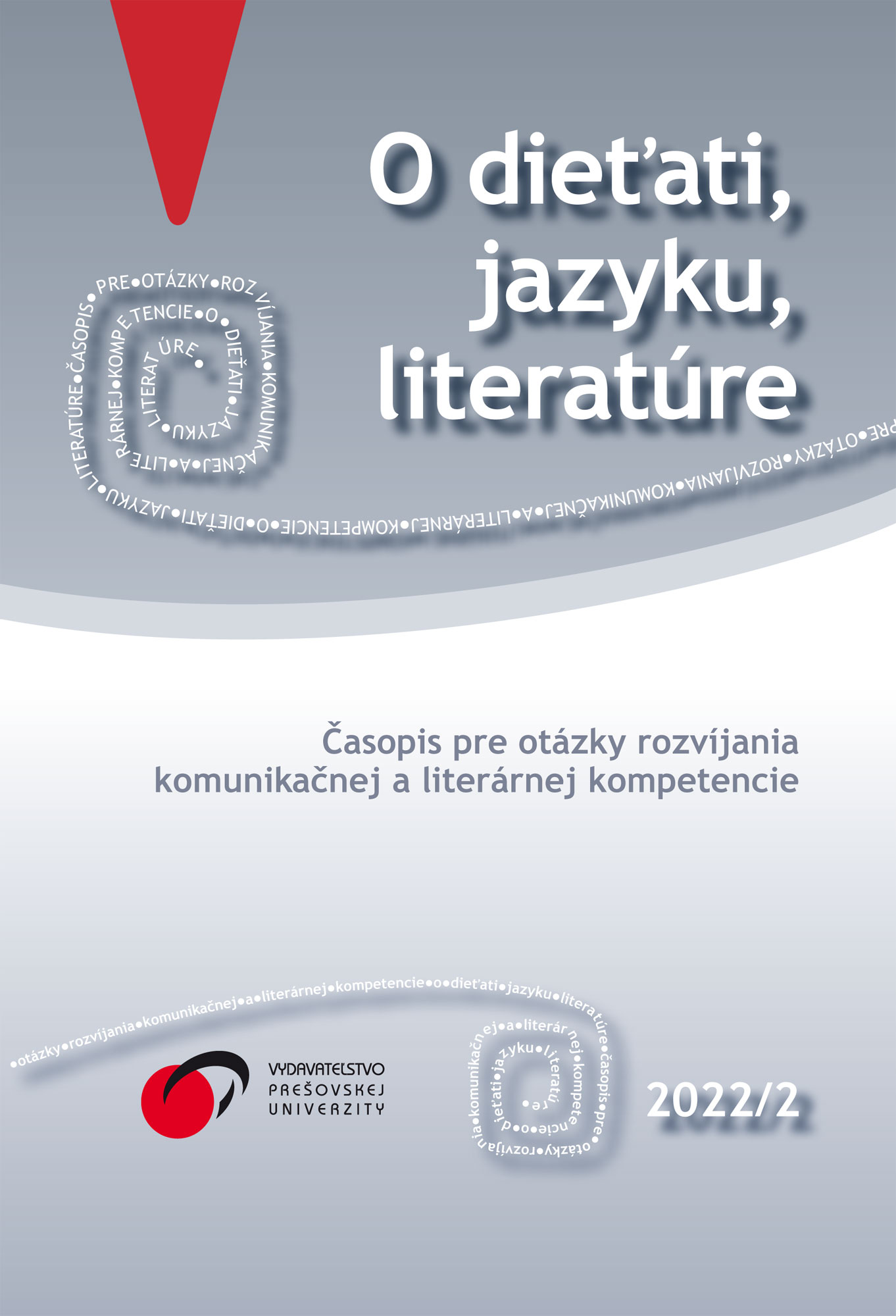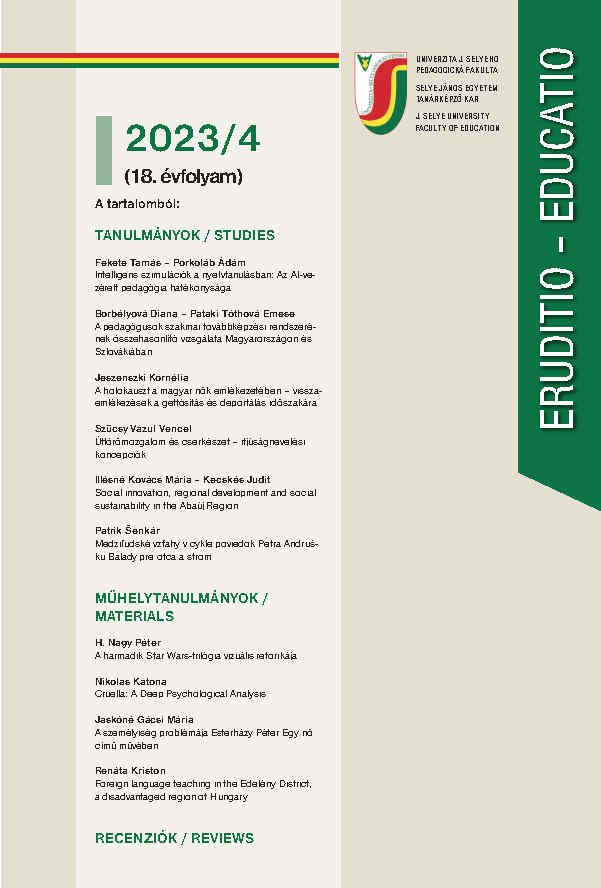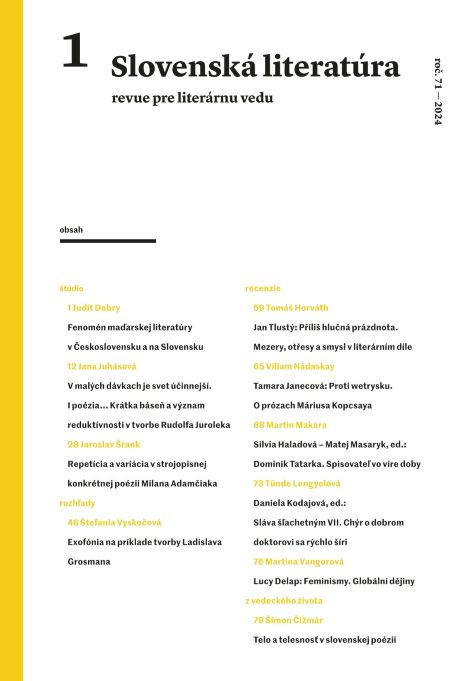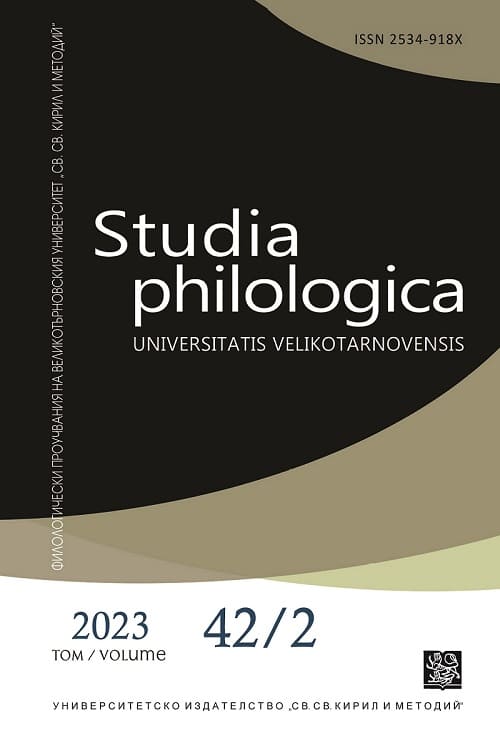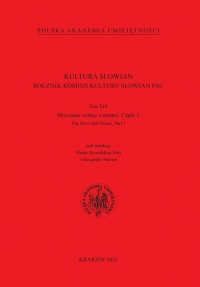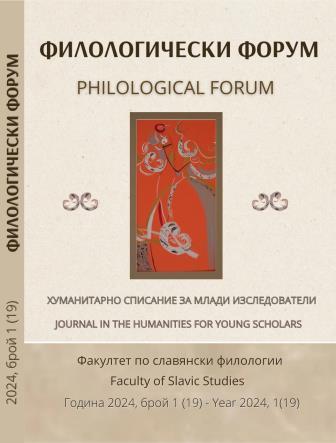Author(s): Elena-Gabriela Filip / Language(s): Romanian
Issue: 1/2022
The main focus of the following article is to emphasize the influence of the author’s life on his first novel written after having emigrated. As it is already known, artistic creation derives from our surroundings and it is altered by the creator according to his subjective view and judgement. The main character of the novel, namely Andreas Búr Majster, is struggling to find his place in a world where almost everybody perceives him as a “stranger” or, even worse, as a curse betiding the village, an “enemy”. The Slovak author, Jozef Cíger Hronský, felt like a stranger himself, because he was forced to move away from Slovakia to Argentina after being accused of his nationalist political views. He chose to express his feelings and describe this part of his life through his literary creation and his characters, using his life experiences as inspiration throughout his writing career. Thus, this novel is a very representative autobiographical writing. From having to deal with and adapt to a completely new and different society to trying to feel as he is a part of it, the author and, implicitly, our main character struggle with the image that others project on him, being seen as a lunatic, un unwelcomed stranger, as someone who should remain isolated from his own people, because he is different. This writing will also expose the stages through which Andreas has to go in order to obtain the approval and acceptance of others. His individuality and way of being make him peculiar for the village he lives in and, as a consequence, society considers him to be the “enemy”. Whatever is not in the “norm” is usually hardly accepted or even tolerated. I chose this subject as the main theme of my article to prove that the place where we live in and the people who surround us have a great influence on our life and our development. According to the tenable arguments stated in the following paper, the writer’s life experiences are mirrored in this particular novel, hence Andreas represents an alter-ego of the author.
More...
